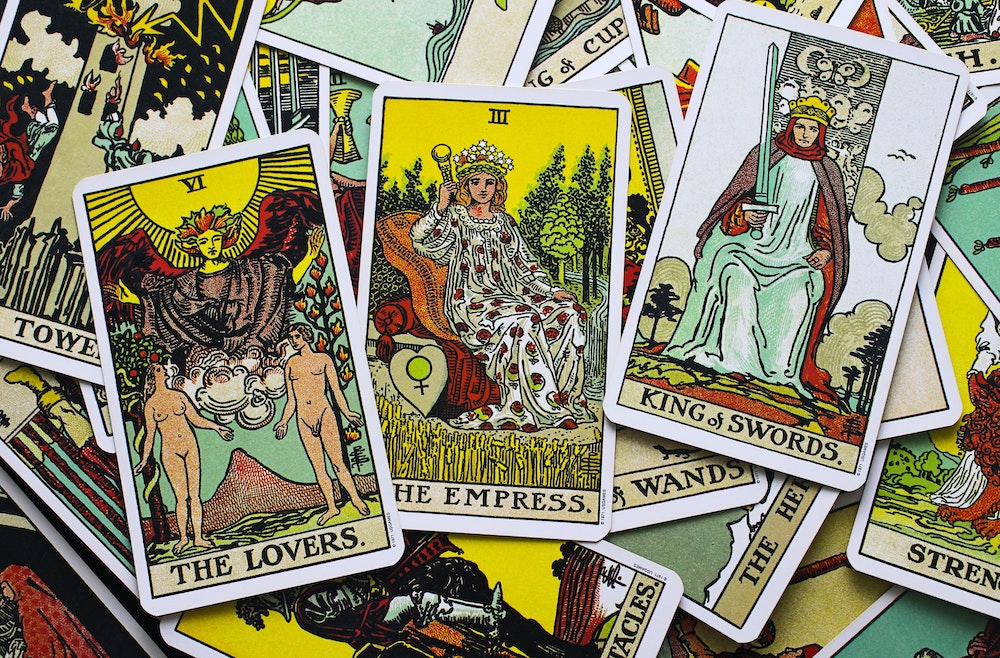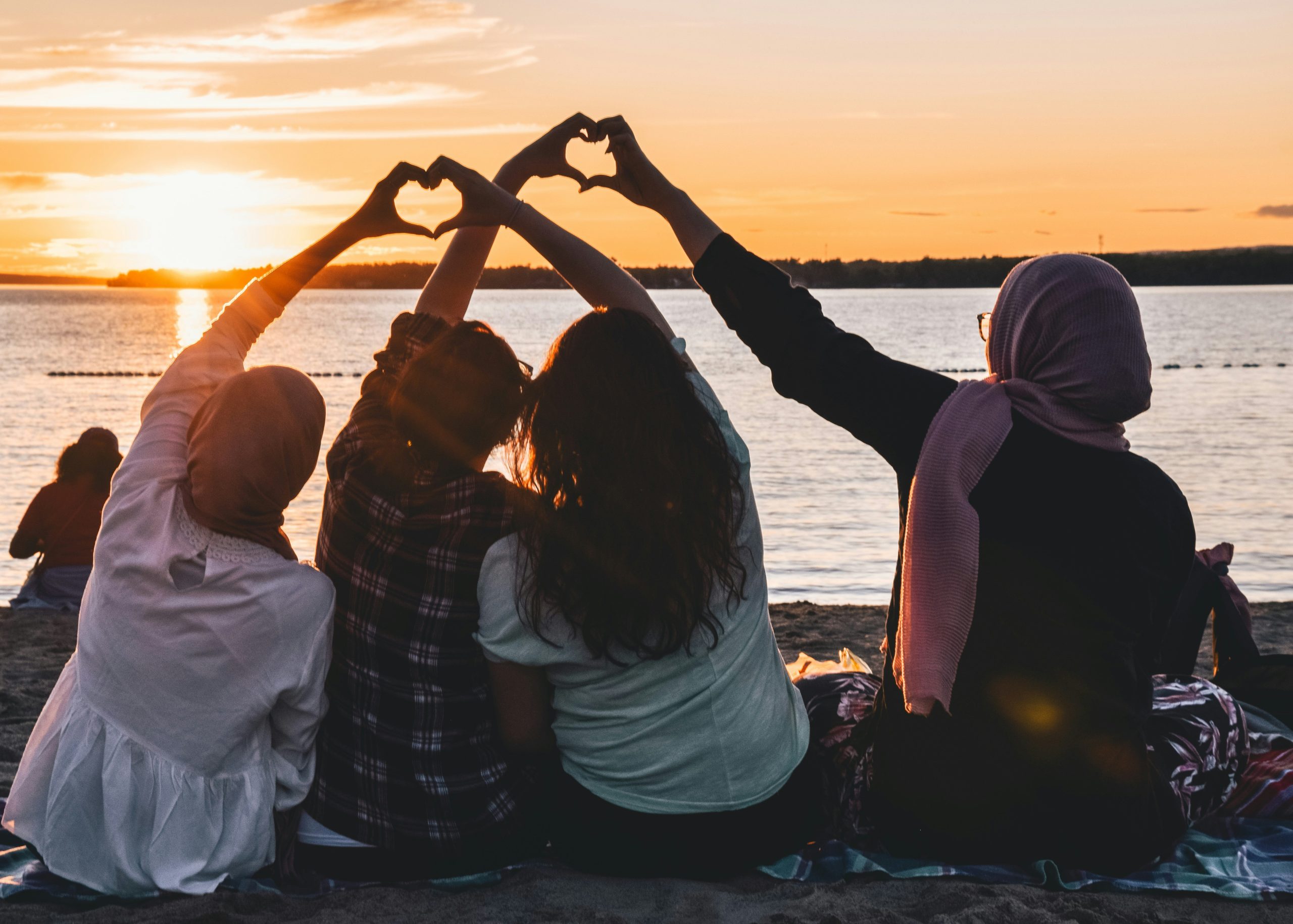interviews
Lydia Millet on the Value of Neighbors in an Alienated Society
In "Dinosaurs" a wealthy New York City transplant seeks purpose and community in Arizona

Lydia Millet has a well-earned reputation as a climate novelist, which means the weather is in her books. Not just the weather; there are floods and hurricanes, she includes the names of birds and trees and cactuses, she observes tidal patterns and migrations. She includes these things because this is the world we live in, whether you pay attention to it or not. In her previous novel, A Children’s Bible, which earned her a National Book Award nomination, a 100-year storm knocks out power and access to a coastal town where old college friends are vacationing with their families. The vibes are hilarious and apocalyptic. In her first short story collection, Love in Infant Monkeys, which was a finalist for the 2010 Pulitzer Prize, animals are the protagonists of poignant satire. The natural world is in everything she writes, and her range is enormous.

Dinosaurs paints with more muted colors—a desert at dusk. A wealthy, adult orphan named Gil walks from Manhattan to his new home in Phoenix, Arizona, which he purchased sight unseen. He arrives as the book begins, sparing the reader miles of glass-strewn highways and bone-rattling semi trucks. The inheritance he received from his parents means he doesn’t have to work. He donates generously and volunteers at a women’s shelter. He watches the birds in his yard, learns about the desert flora. He watches his neighbors, and learns about them too. But not in a creepy way—Gil is an unassumingly great guy. He is humble and reflective; he is generous, not just with his money but also with his attention. He listens. He does what is needed.
Dinosaurs is a book about doing good in your own backyard, literally and figuratively. It is about being a good neighbor, about making small differences where you can. We need a writer with Lydia Millet’s prowess to elevate these seemingly small questions, and to embolden the rest of us, because really, wanting to make a difference, and wanting to connect, are actually some of the most vulnerable desires to which a person can admit.
Halimah Marcus: Gil has a profile that could invite contempt, particularly in the context of contemporary identity politics, internet discourse, and debate about cancel culture. He’s white, he’s straight, and he’s extremely wealthy. But there are also these countervailing factors: he’s an orphan; he volunteers at a women’s shelter. He gives large sums of money away. What did you want to explore with a character like this?
Lydia Millet: If readers are interested in seeing white privileged males vilified, they can always look to my previous 12 books. So, it’s not as though I don’t have a track record of critiquing those particular demographics. But, honestly, I didn’t really approach this in those terms. I was just writing a character I wanted to write, even though that’s a boring answer. I was writing from voice and sentence and character, like I always do. And that’s where I ended up.
I was aware that the book, which is a sort of modest and domestic story, had what could be construed as an unfortunate demographic. But honestly, I was just writing about this particular man, whom I saw not really in terms of his identity characteristics, but in terms of his pathos and his solitude, which can befall anyone. I had no political agenda, of course, with this novel. I mean, that’s not true. It’s not an “of course.” I had no political agenda regarding the construction of this protagonist in terms of his identity features. I was more interested in the ideas and his internal conversation about social responsibility, which has to do with his demographic. He is acutely aware of his privilege and has a tormented relationship with it.
I wanted to look through the prism of this person, that I made up, who was benign, really, in all these different ways. I wanted to look at a problem I think most people have, whether privileged or not privileged, male or not male, white or not white, which is just how terribly difficult it is these days to be confronted with the vast world of information, and the perceived paralysis of personal and individual agency. And I chose this lonely person, this lonely character, to do it with.
HM: Gil tries to do good, and he’s sometimes successful. Other time’s he’s stymied; he’s calling these places to volunteer, and people won’t call him back. He eventually volunteers for the women’s shelter, and that is successful for a time. But then they end their “friendly man” program and no longer allow men to volunteer at the shelter. But putting gender aside, and thinking more broadly, is there a connection between this kind of good hearted ineffectualness and liberalism?
LM: I like your question very much. It’s very witty. Yes, is the short answer, but it depends what you mean by liberalism. I don’t know whether it’s more correlated to liberalism or progressivism or whatever you’d call the activist left. I do think that what the ineffectual attempt to be part of society refers to is just the larger problem of simply not knowing what to do. What to do in the world, what to do in the face of this imminent chaos that that sort of seems to multiply day by day. It’s more about the existential problems that many people now are grappling with, where they have a universe of data and not many roads to dissent or resistance that are perceptible. The way that we often are asked to explore dissent or resistance is literally through clicking buttons on our computers or by sending emails. It’s the armchair activist paradigm, where we are told that this is dissent or resistance.
HM: The place where Gil does have actually a real impact is in his own very narrowly defined community within his neighborhood, particularly with a neighbor kid who is having a bad time at home, and Gil tries to intervene. The ways in which he’s effectual in his small circles is very touching. It’s a counterbalance, but what does that really mean in the grand scheme of things?
LM: Our tragedy is a tragedy of scale, or of cognitive capacity, maybe having to do with things like the Dunbar number. We live in these communities of millions and billions and we really don’t have the cognitive machinery or equipment to achieve a relationship with somebody, or to support all the people that we are now comprised of. We are still most effective and most real and most devoted when we have faces to look at—even the faces of animals. Individuals on a personal level in small transactions and relationships; that is where we operate most authentically. Gil is no different. That is what we can do organically, in our homes and in our neighborhoods. That’s where it feels real. We obviously need to vote for politicians who do the right things on a macro level and have long term plans, rather than short term profiteering plans. That’s the most crucial thing we can do. But maybe the next scale where we’re really effective is among our houses, and maybe the in-between is the really difficult terrain to navigate, between the far distant and the close up—the middle distance.
HM: Gil inherits all this money, and when he’s still pretty young, he decides he wants to give it all away. His financial adviser tells him he’ll be able to give away much more over time if he invests it, and explains that this wasn’t wealth hoarding, but “philanthropic wealth management.” He’s so excited to give up all his money, and he talks about how it makes him feel free, the prospect of it. If you’re rich and give away all your money, that’s the pure thing, but he’s not allowed to make this big grand charitable gesture. Also, his manager’s correct. That kind of money appreciates so much over time. So then, Gil’s left with this moral question: is having wealth evil to begin with or can people manage it well? Would you have wanted him to be able to have given away all his money? Is that the thing that would have freed him?
The way that we often are asked to explore dissent or resistance is literally through clicking buttons on our computers or by sending emails. It’s the armchair activist paradigm.
LM: Yes, it probably would have liberated him. I’ve known some wealthy people and they are rendered sort of passive by inherited wealth. I think it’s psychologically healthier for people to just be upper middle class than to be filthy rich, someone who is secure and doesn’t have to worry constantly about money, but also has to forge a living and have agency on their own, have some sort of dominion over themselves. That person generally that has better ego strength than super rich folks. I think worrying that all your relationships are just determined by money, for those super wealthy folks—it’s not nothing. It’s nontrivial to think that maybe your relationships have nothing to do with you as an individual, or have little to do with you as an individual. Gil obviously was deeply harmed by that in his sort of central failed relationship. Seen through certain lenses, it’s clearly more rational to retain wealth and dispense it, given the system that we have. So it’s not possible to ever say he made the wrong choice. He might have actually made the right choice for the beneficiaries of his largesse, but the wrong choice for himself, as a young guy in his twenties with ideals.
HM: Before the book begins, Gill walks from New York City to Phoenix, Arizona. I’m so curious why you had that take place before the book starts.
LM: It was kind of vaguely based on my boyfriend’s walk that he did. The rest of the book is not based on him, but before he moved to the desert to live with me, he actually walked the whole Appalachian Trail. It also sort of inspired a few passages in A Children’s Bible, with the trail angels. And it inspired Gil’s walk across the country. But I thought it would be quite boring to embed it in greater detail unless it became a book about the journey. And so it just became a journey referred to in the book. The thing that is really noteworthy about those long walks is their tedium and the internal meditation, if you choose to meditate. I had never undertaken such a walk and I do not wish to undertake such a walk, but I was able to fairly closely observe [my boyfriend] Aaron’s walk, and I was interested in thinking how such a walk would be different if it wasn’t on the trail.
Walking is its own sort of deliberate act and it has its own deliberate rhythm and reality. The way we travel now is so divorced from reality. The reality of human physicality. When we go in cars or planes or whatever, it’s so divorced from our real selves and the history and evolution of our bodies. All of these things are interesting and worthy of scrutiny in their own ways. You live really distinctly plunged into time, when you walk. That relationship to time is important and does important things that I don’t fully understand for the way we feel and think.
HM: At the center of this book is Gil’s relationship with his neighbors: Ardis, her husband, Ted, and their kids, Clem and Tom. He becomes involved in their family unit in a way that seems very organic. I found it quite touching, but it also struck me as unusual. Even the idea that a single middle-aged man might provide child care for someone outside of his family, or that you would ask your neighbor to pick your kid up from karate when there wasn’t an emergency, was kind of novel to me. I think that’s a great example of the possibilities of community. What about these characters allows them to slot into these routines? Do they represent something idealistic or something that you observe in your own communities?
LM: I do not observe it in my personal community here outside Tucson, Arizona. But that may have more to do with me and my isolation and forms of introversion than with my neighbors. Because when my mother lived on the same street, she knew everyone. And on the street where she lives now, which is a 10-minute drive away, she still knows everyone. She goes to their houses and they come to hers and they just know each other. They socialize and do things for each other. Neighbors of hers I never even met got groceries for her during the early lockdown for months. There are people who respond to neighborhoods that way. I’m not one of them myself. But it is ideal. I wanted to have this really strong character artist enveloped Gil, like instantly, in this permission to be familiar. I was interested in how that can happen, that you become enveloped by people in this natural way.
The older I get, the more leery I get about happiness and the idea of happiness, the more it worries me as a sort of cultural institution.
I’ve had times in my life—mostly when I was younger, in college and after college—where I was instantly subsumed into a community, and I don’t know whether I grew out of being open to that kind of subsumption. I don’t know if I would be capable of it again in; under duress I would think probably so.
You sort of make certain choices about how public or private to be with your time, and you make different choices at different times in your life. I probably became more selfish with my time since I had children, because you have to sequester yourself once you have children to be able to do the amount of work that you could do without sequestering yourself before you had children. It’s a choice.
I wanted to have this magic of this family happen to him. And it’s clearly idealized in that way, as you say, but I also do think it happens—just not to me. The characters in this book, they mesh in this extraordinary way, these next-door neighbors. That’s just the great stroke of good luck you have when you meet a friend.
HM: The trajectory of this story is Gil finding community, finding contentment, finding purpose, finding relationships. And the final scene, when he’s reflecting on all of that, I felt good for him. I felt he’s going to be okay. Is that the trajectory of the narrative, towards finding happiness?
LM: The older I get, the more leery I get about happiness and the idea of happiness, the more it worries me as a sort of cultural institution. I think it’s just a move toward company. It’s just having company, having beloved company as you go forward in your life, someone that you can see and who can see you, who can witness your existence even though it’s fleeting, and whose existence you can witness also.








